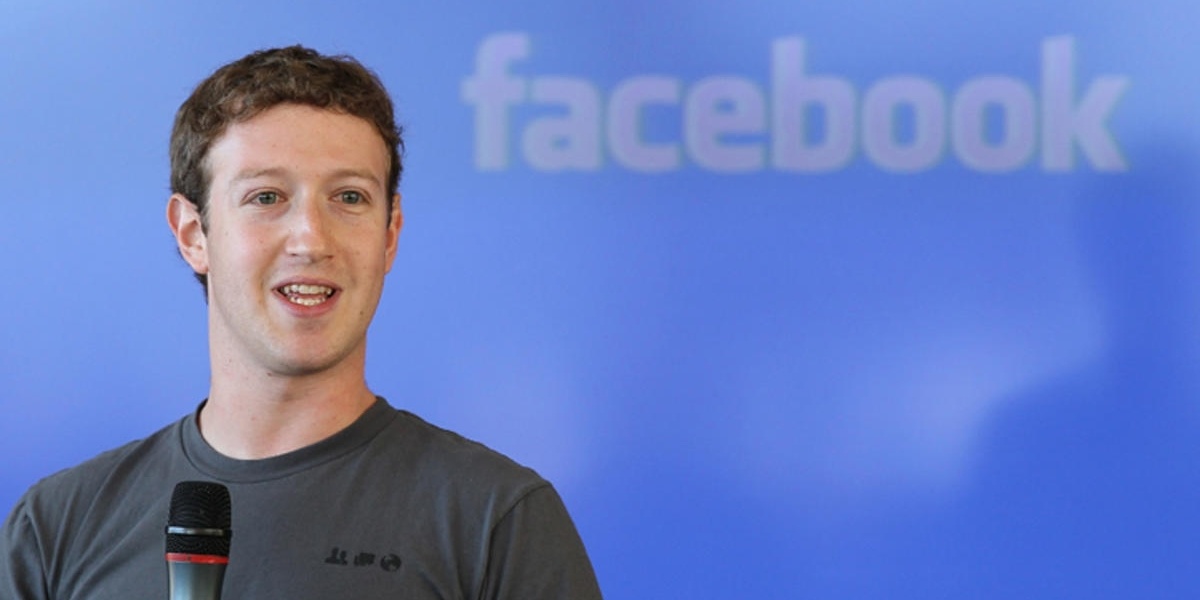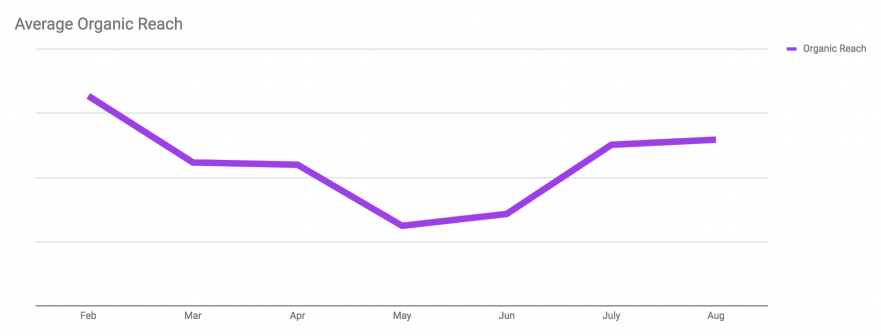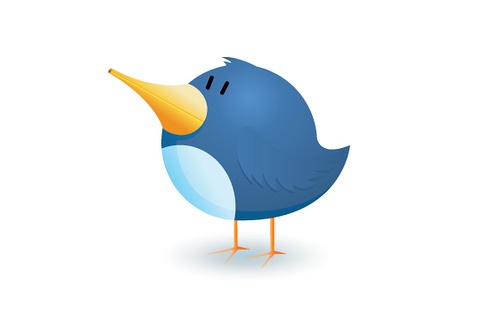You may have noticed the new "Lead Ads" feature in HubSpot, but have you tested it yet? We have,...
The focus isn’t going to be off Facebook anytime soon. Mark Zuckerberg has been under the microscope recently but for marketers, it’s all about that ‘Meaningful Interactions’ update which has raised many questions about how things are going to work moving forward. It’s easy to see why there’s been such panic surrounding it - but should marketers really be frustrated about it in the first place?

What Does the Change Actually Mean?
The worry is understandable. The reality, however, is that although there is likely to be a drop in reach, not much is changing. So marketers shouldn’t really be getting too angry at the way Facebook has altered things. Still, there are ways around this change to combat any reach issues you might face.
The way Facebook reports organic reach will change. This means you should expect to see the numbers drop but the actual number of people who see and engage with your content shouldn’t change.
Obviously, you also need to be putting out regular high-quality content while you’re at it as the two work hand in hand. But the fact is, a lot of marketers are obsessive about this particular metric, especially when it’s time to note things down in your Inbound Marketing report.
However, that metric doesn’t really mean much if you’re not getting those conversions and leads. That’s why you need to tailor content which puts you in a great position to continue having big reach numbers so users can engage with your brand.
Why It’s Not the End of the World for Marketers
Facebook’s algorithm change doesn’t spell the end for marketers succeeding on the massive social media platform. Sure, you’ll notice dips in reach which can be worrying, but it just means you need to be smarter and adopt different approaches.
Take a look at the example below. The graph is the average organic reach of one of our own clients. The algorithm change came into effect in February 2018 and the clear dip in organic reach is noticeable from April through to June.

What’s also clear to see is that the organic reach started to steadily increase from June and although it’s not quite as high as before the algorithm changed, the increase is still a positive sign.
That’s something Louise, our social media marketer at Digital 22, also noticed.
“After the announcement about the Facebook algorithm in February, I noticed a drop in reach on pages for 2-3 months but these figures are creeping back up again in recent months. I think sometimes, it's still as simple as making your content relevant and helpful to your audience and engaging with your audience and future audience.
“If that's what your audience wants to see, Facebook will show it to them. However, other things to consider are Facebook Groups and video content. Keep track of what content does well and what doesn't so you can do more of what does well in the future.”
Louise Gooch, Digital 22 Social Media Marketer. September 2018.
We get it, though. It can be frustrating to see that dip but it doesn’t mean Facebook is no longer a valuable channel to publish and promote content. It just means you need to further optimise your posts so that your content is seen by the right people. By optimising to target the right people, you’re in a better position to forget about the vanity metric that is organic reach and shift your focus towards conversions and leads.
So, marketers don’t really need to worry too much. The way Facebook reports on the number of people who ‘see’ your post doesn’t change the number of people who act on it. That’s what matters more and what you need to focus on instead.
“Now, I want to be clear: by making these changes, I expect the time people spend on Facebook and some measures of engagement to go down. But I also expected the time you do spend on Facebook will be more valuable.”
Mark Zuckerberg. January 2018.
How to Optimise Your Posts for More Meaningful Interactions
Meaningful interactions are the two words that have come up the most ever since this update was first announced. To put you in an even stronger position on Facebook with your posts and their reach, there are some steps that you can take to work with the new algorithm.
Increase Ad Budget
Facebook wants feeds to be populated with meaningful and engaging content for individuals. Not just what’s popular on Facebook in general, so being skilled with Facebook Ads is essential.
Don’t just put all of your budget on Facebook ads, though. Just think about increasing your budget and spend it in the right areas by knowing how to target your ideal audience.
Encourage Users to Follow Your Facebook Page
This point isn’t just about increasing your followers count for the sake of it. You want your Facebook page to be full of relevant and meaningful users. The good news is that the algorithm hasn’t altered the News Feed, so users will always see posts from their favourite pages.
That’s if they press the ‘see first’ option in their preferences.
It’s a good idea to remind them to check if they’re using this feature, especially those that are most loyal and always want to engage with your content.
Boost Video Marketing Efforts with Facebook Live
Video content is expected to perform better, both inside and outside of Facebook for your Inbound Marketing efforts. In fact, Zuckerberg even admitted it during the algorithm change announcement.
He posted: “Live videos often lead to discussion among viewers on Facebook - in fact, live videos on average get six times as many interactions as regular videos.”
It should be a priority. You’ve seen what can happen with live videos, with the Star Wars fan in the Chewbacca mask being a perfect example of how successful videos can be organically.
Then there’s also a live stream of one of our #ManchesterHUG events in 2018 which managed to get more streams within six hours alone compared to all of our video Facebook posts in 2017 combined.
In short, Facebook likes video, so use it more to reach your relevant audience.
Invest Time in Facebook Groups
Personally, we’ve found that investing time and effort into creating a private Facebook Group is the way to go. Our reason was the same - the algorithm update can have an impact on reach.
So to be on the safe side anyway, we took this step to ensure our news, updates and information are always directly received by the right marketers, all the time.
We’ve found that it’s the best place for us to engage with customers and it’s also the best place to connect with like-minded people, allowing us all to learn and grow together. That means content isn’t lost in the shuffle when trying to land in News Feeds.
If you’d like to learn more about why we created a private Facebook Group, tips on how to start your own and more - then click here. Alternatively, if you want some further reading on ways in which you can optimise your Facebook posts, check out this blog.
So as marketers, you can breathe a sigh of relief. Although it’s reported that organic reach will see numbers around 20 percent lower than what’s normally reported, nothing is really changing and you don’t need to completely ditch your social media strategies.
As long as you’re optimising your posts in the right way and staying within the algorithm guidelines, you should still have enough users interacting with your posts which can hopefully increase conversion and lead rates.
Learn More About How to Boost Your Inbound Marketing Efforts
As important as Facebook and social media, in general, is to your Inbound Marketing efforts, there’s still a lot more to consider and learn. There’s the new Flywheel approach to take into account, the importance of video marketing heading into 2019, what Inbound Marketing has now become and so much more.
To make it easier to digest, we’ve created an easy-to-read guide on all things Inbound Marketing. So, to learn more about the topic, click on the link below to grab your free copy.



